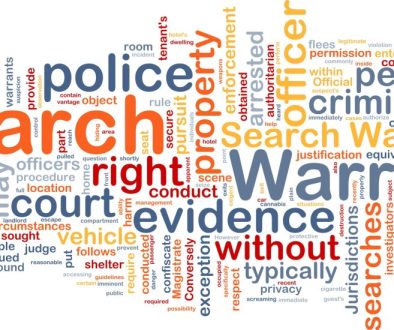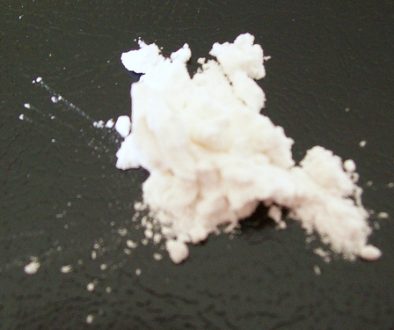Illegal Drug & Narcotic Distribution Crimes in New Jersey
Our law firm represents a number of individuals in the state of New Jersey charged with the illegal possession of controlled substances within the Garden State with the intent to manufacture, distribute, or dispense these drugs. I've written a number of articles on controlled substances and done a video on this topic, which I encourage you to read. Like Pennsylvania, New Jersey considers all drug distribution charges felony offenses. While the Garden State doesn't specifically use the word felony in its crimes code, it, like Pennsylvania, increases the penalties based on the weight of the drug found in the person’s possession along with the type of drug or narcotics.
The Burden Of Proof In Drug Distribution Cases In New Jersey
When a person is charged with possession with the intent to deliver or manufacture in New Jersey, the state, through the prosecutor’s office (PAs district attorney's office), must establish beyond a reasonable doubt that the accused individual not only possessed these drugs actually or constructively but that they did so with the intent to deliver or manufacture as it is defined in the New Jersey crimes code Section 2C:35-5.
Different Degree of Crimes For Different Drugs In New Jersey
In New Jersey drugs such as heroin, cocaine, methamphetamine, and all of its derivatives, which are possessed with the intent to distribute in a quantity of 5 ounces or more is a crime of the first degree, which is New Jersey’s most serious offense. If convicted of this crime, the individual faces a minimum term of imprisonment of 1/3 to 1/2 of the sentence imposed, during which time a person is ineligible for parole. For this same crime, where the weight of the drug is between 1/2 ounce or more but less than 5 ounces, New Jersey considers it a crime of the 2nd degree and where it is less than ½ ounce it is a crime of the 3rd degree where there is actually a presumption of non-incarceration.
Similar to Pennsylvania, New Jersey doesn’t treat all drugs the same and with exception to the drugs stated above, all other Schedule I and Schedule II substances are crimes of the 2nd degree where a person is convicted of possessing one or more ounces with the intent to deliver and a crime of the 3rd degree where it is less than one ounce. Unlike heroin and cocaine, the state doesn’t treat marijuana as harshly. A person commits a crime of the 1st degree if he/she possesses 25lbs or more of the drug (or 50 or more plants). It is a crime of the 2nd degree if it is less than 25lbs but greater than or equal to 5lbs and a crime of the 3rd degree if it is more than 1 ounce but less than 5lbs. To get a better understanding of controlled substances, I encourage you to read my article on this topic.
Drug Expert Testimony In New Jersey
Like the Commonwealth of Pennsylvania, the prosecution in New Jersey will need an expert witness to establish the burden of proof of guilt beyond a reasonable doubt in a drug distribution case where there are no observed sales or transactions. In New Jersey experts may testify about how drug traffickers package and process drugs for distribution along with the quantities and concentration of the drugs and the function of drug paraphernalia. Further, experts may also provide insights into the roles played by individuals in street level drug transactions and into various other tactics that drug dealers may use to prevent detection.
If, however, a drug expert is used in your case in New Jersey, your criminal defense attorney can, and often should, challenge the expert’s qualifications along with information that forms the basis for his opinion. While these experts are permitted to provide testimony with regards to the nature of drug transactions, they are not permitted to express opinions which fall into the knowledge of the average person or express an opinion about the defendant’s actual guilt. This means that the expert cannot testify as to the defendant’s state of mind and whether the defendant specifically possessed the drugs with the intent to distribute. This is the ultimate issue of fact which is reserved for the judge or jury, the expert is only permitted to form an opinion based on his review of the evidence.
For more information on drug charges in New Jersey, I encourage you to keep reading my blog which is published regularly on this website where you will also find all of my free books!



